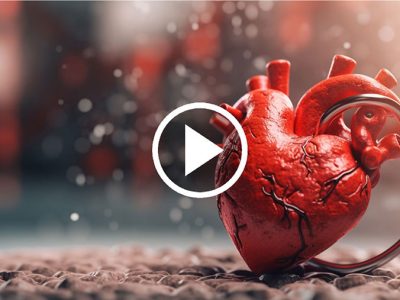Insulin is often reduced to a single task: lowering glucose after meals. But its influence stretches well past the bloodstream. It speaks directly to the brain, weaving itself into circuits that decide when you feel hungry, when you feel satisfied, and even how rewarding a meal tastes.
The gut-brain loop
After food hits the intestine, a surge of hormones like GLP-1 helps insulin rise. That rise is not just for storage. It becomes a signal, a coded message to the brain: “Energy incoming. Slow down the drive to eat.” In healthy physiology, this loop is smooth. Food enters, insulin peaks, hunger fades.
But if the loop falters, the story changes. In obesity or insulin resistance, the brain may stop listening. Hunger persists even with plenty of calories in circulation. It’s as if the message gets drowned out by static.
Reward and restraint
Insulin’s role in appetite isn’t brute force. It doesn’t yell at the brain to stop eating. Instead, it adjusts the reward circuits that make food feel irresistible. The dopamine-driven urge for sugar, fat, or alcohol softens when insulin does its job. Without it, cravings grow louder, more insistent.
That’s why therapies that boost gut hormones, and by extension insulin, often change taste and desire. Some patients describe their favorite foods as suddenly dull. The joy fades. Strange, but effective.
Two ways insulin talks to hunger
You can think of insulin’s actions in two streams:
- Satiety signaling. Insulin activates brain regions that curb appetite, especially after meals, reinforcing the feeling that it’s time to stop.
- Reward modulation. It dampens the drive in circuits tied to pleasure and cravings, reshaping how rewarding certain foods feel.
Lessons from bypass surgery
Bariatric surgery revealed just how powerful these pathways are. By redirecting nutrients deeper into the gut, the body releases huge amounts of GLP-1. That surge amplifies insulin, which then communicates directly with appetite centers in the brain. Many patients feel full after just a few bites. Others lose interest in foods they once adored.
This shift can’t be explained by smaller stomach volume alone; it’s the hormonal conversation taking over.
What this means for treatment
Targeting insulin’s effect on hunger offers more than glucose control. It reframes obesity, diabetes, and metabolic disease as disorders of signaling, not simply willpower.
Practical steps emerge from this idea:
- Medications that mimic gut hormones restore insulin’s ability to quiet hunger.
- Nutrition strategies rich in protein and fiber make the brain more sensitive to insulin’s cues.
- Movement improves insulin signaling and reduces resistance.
- Consistent sleep strengthens the gut-brain dialogue, preventing static in the system.
Conclusion
Hunger isn’t just a rumble in the stomach. It’s a dialogue between gut, pancreas, and brain. Insulin sits at the heart of that dialogue, interpreting the body’s energy state and whispering to the brain when it’s time to ease back.
When the whisper is clear, eating feels natural and self-regulating. When it’s muted, appetite becomes unruly. Understanding insulin as more than a sugar hormone opens the door to therapies that don’t just balance numbers on a lab report, but reshape the very experience of hunger itself.
